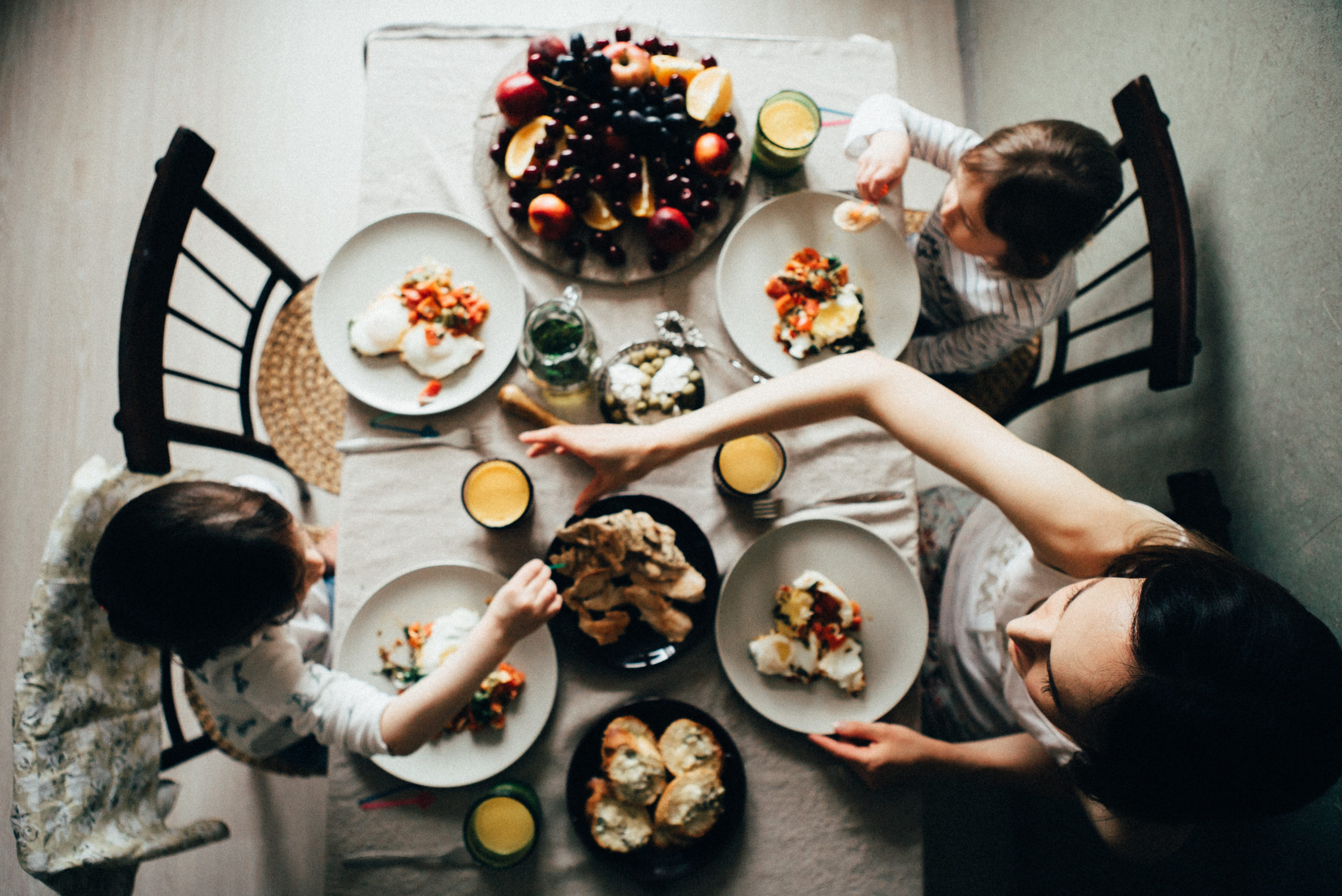Commentary December 22, 2020
Democrats and Republicans Should Argue More — Not Less

FiveThirtyEight
This holiday season, as COVID-19 cases spike across the country, many Americans will forgo family celebrations. But for some people, these canceled plans may come with a silver lining: no squabbling about politics with in-laws, uncles or cousins.
Of course, most Americans avoid talking politics at family get-togethers in the first place because they worry that political disagreements will ruin the holidays.
On the heels of a contentious presidential election, it may seem strange to be advocating for more, not less, partisan bickering. And to be clear, I don’t support the kind of social media sniping that has become a mainstay of public discourse. But at its heart, political disagreement is actually critical to a democracy, so when we’re able to have these kinds of disagreements with people we know and trust, like family, we should.
Given the polarized era we live in, though, we find ourselves increasingly isolated from those we disagree with, and political disagreement is surprisingly rare. Consider the results of a survey on social networks conducted this summer by the American Enterprise Institute’s Survey Center on American Life, where I serve as director. Nearly identical majorities of Democrats and Republicans (55 percent versus 53 percent, respectively) reported having no one in their immediate social circle who had opposing political views.
This lack of political diversity is on the rise in our friendships and in our marriages, too. According to a recent YouGov survey, all Americans (but Democrats in particular) are less likely now than they were four years ago to have friends with political views very different from their own. Politics also increasingly influences whom we marry.
Our tendency to surround ourselves with people who have beliefs or backgrounds similar to our own is well-established in social science, and what’s more, it is not inherently a bad thing. It would be difficult, for instance, to pass on our religious values and traditions or to maintain a shared cultural heritage if our social groups were completely random. Historically, this has had benefits, too, with some research finding that people with politically like-minded friends and family are more likely to participate in politics. But our recent survey casts doubt on how true that still is, finding that Americans with politically uniform social networks are not any more politically active than those with less uniform connections.
It’s true that interacting with people who disagree with us politically can be difficult. In our social network survey, a majority (57 percent) of Americans say it is a stressful and frustrating experience to talk about politics with people who disagree with them. But some of this anxiety may have to do with the fact that we’re just really bad at understanding our political opponents. A study from 2015, for instance, found that Americans routinely overestimated just how divided the Democratic and Republican parties were. Across a range of issues, such as taxes, immigration and trade, people perceived their political opponents as being more extreme than they actually were. And a 2018 survey of 2,100 Americans conducted by More in Common,1 an international think tank, revealed that Democrats and Republicans widely misunderstood the views of the opposing party on basic questions of race, immigration and gender equality. This misperception even extends to how we think about our political opponents’ wealth, sexual and gender identity, religious beliefs or racial identity. A 2017 study found that Americans held consistently biased perceptions about the type of people who identified as Democrat or Republican.
The irony here is that by studiously avoiding political disagreement, the potential for political conflict often becomes much worse. We become less able to understand our political opponents or empathize with their positions. Instead, we are more inclined to believe their ideas are not just wrong-headed but dangerous. This is bad for our democracy, creating an environment where many Americans are primed to accept misinformation and conspiracy theories.
There is hope, though. In a novel experiment, a group of researchers working with NORC at the University of Chicago, recruited over 500 registered voters from diverse backgrounds to discuss politics with one another over a four-day period. The researchers found that political discussions yielded a profound change in views about American democracy. A New York Times account of the experiment reported that “the share of participants who said they thought American democracy worked well doubled, to 60 percent.” And after just a few days of talking to people with different political beliefs, participants expressed considerably more favorable views about their political opponents as well. But despite these promising results, scaling up this experiment would be difficult, and it’s unclear how lasting these changes will prove to be.
At the very least, availing ourselves of diverse political viewpoints may reaffirm our trust in democratic institutions and processes, even if we don’t like the outcomes. Our survey showed that when our social circles include a more diverse mix of political beliefs, we are more open to argument and less ideologically extreme. And, arguably, the best way to get to this point is to discuss — and disagree about — politics more.








